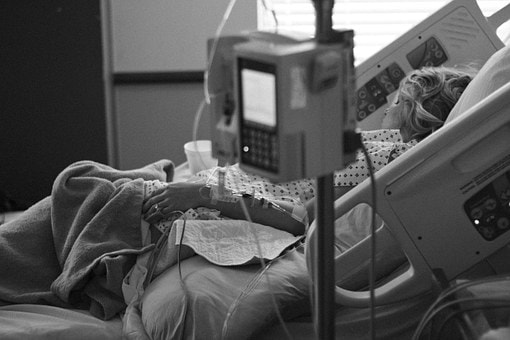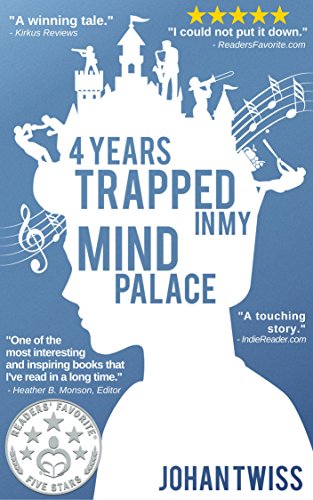Archived Blogs
|
Prior to medical school, I thought that cancer was the worst thing that could happen to a person. In training, I learned that we’ve made a lot of progress with different cancers- so now that diagnosis is not as terrifying as it used to be. But, there are still a lot of medical problems that fright me (and most people, I suspect) Going blind. Losing some or all of your extremities to a bacterial infection. Alzheimers. All of those potential problems, and a lot more, lost significance when I learned about the diagnosis of Locked-In Syndrome. It’s exactly what it sounds like. Something happens...a stroke, head injury, near drowning or infection and suddenly you are unable to move, speak or breath. But you are totally aware...you can see, hear and reason. You are ‘locked in’ your own lifeless body. It’s the essence of a nightmare. About 50% of the time, a family member will recognize that the patient is still alert. Maybe when they blink or move their eyes a certain familiar way. In some cases, though, the eye muscles are paralyzed too. These patients can’t chew or swallow, all nutrition is through a tube into their stomach. They can’t breath and are totally reliant on a ventilator. An aide must bathe, dress and take care of all of their bodily needs. And during the entire time, the person is fully alert- with the same intelligence and ability to reason that they had prior to the injury. Maybe I was trying to confront my fears when I picked up his book. "4 Years trapped in my Mind Palace" by Johan Twiss is a book written about a teenager that has this condition. I’ll be honest, I was dreading the story but fascinated by the imagination it would take to write such a tale. Fortunately, the book has a light-hearted, hopeful approach that is both sweet and inspiring. The title gives away that there is an end to the entrapment and in the meantime, you get to go with Aaron on several fascinating journeys.
But in real life, happy endings are not usually the case, most patients do not recover. That may soon change. Researchers in UT Health Science Center in San Antonio have found that the injury associated with drowning is not as wide spread as they originally thought. It may be possible to intervene where the injury occurred. That research could lead to approaches for other cases of Locked-in Syndrome. Maybe, someday... those victims can be saved. And Johan Twiss will have to change the name of his book to “I was almost trapped ....” Johan Twiss was one of the speakers at the writer's conference I attended. Click here to get more information on his book.
0 Comments
Leave a Reply. |
Archives
October 2020
Categories |
COPYRIGHT 2017 SUSAN BADARACCO | Site Credits




 RSS Feed
RSS Feed